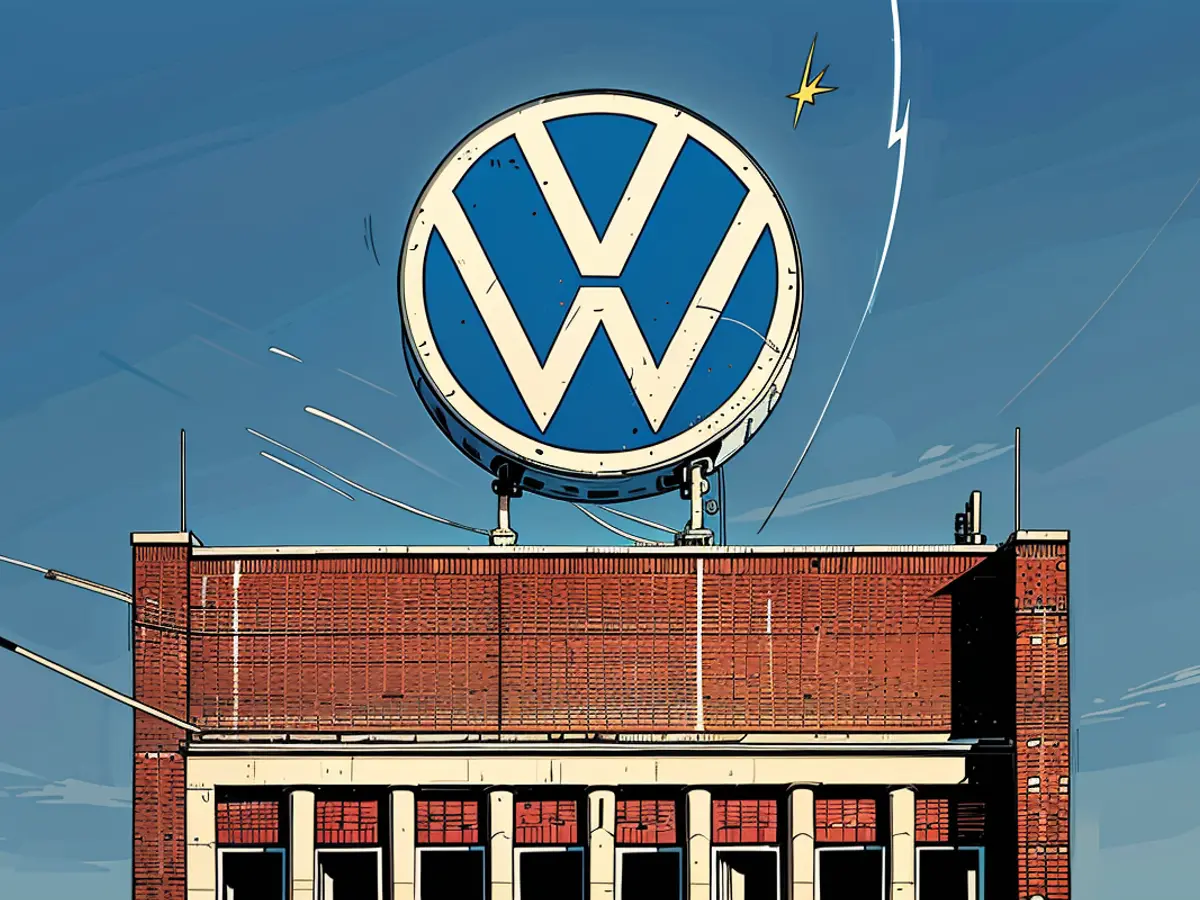VW is once again postponing its prestige project
Originally, the electric car "Trinity" was supposed to hit the market in 2026. However, Volkswagen CEO Blume pushed the project back by two years. Now, the model is set to go into production even later, according to an insider.
Volkswagen is pushing back the release of the first electric vehicle in the future Trinity series as part of its model planning, an insider has revealed. An SUV on the new E-vehicle platform SSP is being delayed by several years to the start of the next decade, a source familiar with the matter said.
The reason for this is that, unlike previous plans, an electric Golf will be the first to come on the SSP platform in 2028 or 2029. Additionally, VW is launching an improved version of the ID.4 in 2026, which will be based on the existing E-platform MEB. Therefore, there is no demand for the flagship model with the working title Trinity before the 2030s. VW wants to ensure that the investments in the E-Golf and ID.4 pay off first.
Citing an internal VW document, it was reported that Trinity will not go into production until late 2032. The reasons given were weak demand for electric vehicles and the unresolved software problems at VW, according to the newspaper, which cited insiders. A company spokesperson declined to comment on the media report or the insider's statements.
Trinity, which is also set to be based on the new SSP platform but aims to make a technological leap, was originally announced by former VW CEO Herbert Diess for 2026. His successor, Oliver Blume, pushed the project back by two years shortly after taking office to ease the struggling software subsidiary Cariad. He also put plans for building a dedicated Trinity plant on hold for cost reasons. Europe's largest automaker is struggling with high costs and low profitability.
Despite the initial plan of releasing the Electric car "Trinity" in 2026, Volkswagen is now considering a later release date due to various factors. With the first electric Golf set to launch on the SSP platform in the late 2020s and the demand for electric vehicles yet to be strong enough, production of the flagship model Trinity might be pushed to the 2030s.








